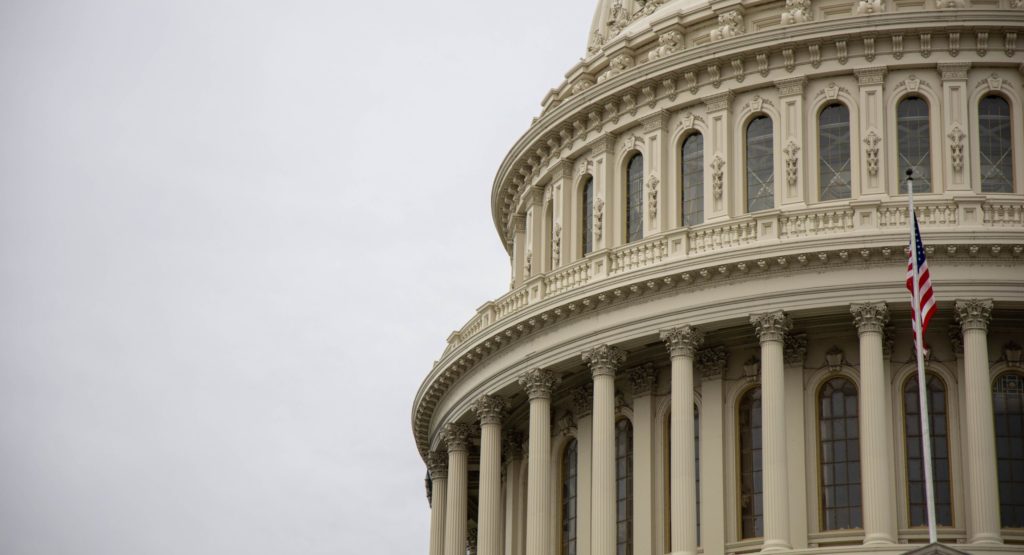
Though nothing about 2020 appears to be “normal,” in the government contracting space there are some expectations that can be fairly predictable.
Here are some predictions we’re willing to stand by, even in these unprecedented times.
What to Expect From Q4 in Government Contracting
- Q4 will hold the vast majority of contracting activity. Agencies will need to spend their full budgets by year end, so they will be looking to hire contractors. As we all know, this is particularly important for 8(a) firms; however, given additional supplementary COVID-19 budgets, affected agencies may look to engage 8(a) firms as a quick and efficient way to respond to COVID-19.
- 8(a)s will be successful in getting sole source opportunities. As a result of the need to quickly respond to COVID-19 requirements, certain 8(a) firms may benefit from an uptick in sole-source opportunities. The Hill has made it clear that they want to give sole-source opportunities to other socio-categories (women-owned, HUBZone, SDVOSB) as well, but that authority has not yet passed and is unlikely to occur between now and the end of the year. Even if these authorities are authorized, Contracting Officers will likely stick to what they know, which is 8(a) sole source awards.
- End of year activity will be COVID-19 heavy. In addition to unloading a lot of funds in Q4, the feds will look to engage quickly and efficiently with businesses that assist in meeting healthcare needs (think producers of PPE and ventilators); and those who provide support services to impacted agencies (like the SBA, HHS, and the VA).
- Expiring contracts may not get easily renewed. Lapses and non-renewals may occur in contracts that otherwise would have continued if COVID-19 hadn’t occurred. If your contract is expiring in the next 30, 60, or 90 days, the funds that may have been allocated to renew, may have shifted to COVID-19 response. The federal government has been encouraged to use existing contracts, where practical, to retool the contract to address COVID19 requirements. Decisions are made on a case by case basis. Contractors with expiring contracts should be having discussions with their contracting officers and program office to the agency’s plan moving forward. Those with STARTS II, expiring orders should pay close attention to GSA guidelines, as that vehicle has reached its contract ceiling. Expect and plan ahead for changes.
- There may be delays in HZ or 8(a) app processing. If you are in the process of submitting, or have recently submitted an application for certification, don’t expect a quick determination. It is highly unlikely that you could apply today for HUBZone and 8(a) certification and be able to bid on before September 30. Make contingency plans if you are tracking set-aside opportunities. Consider subcontracting or joint venturing with a certified firm.
- WOSB certification program. Officially launches in mid-July, but the SBA won’t be accepting applications for certification until mid-October, in the interim expect to be able to self-certify as usual.
What Can Small Businesses Do to Get Access to Year-End Government Contracting Opportunities?
In an environment, where matchmaking and industry days are limited, make sure you stay in contact with your clients and the agency’s small business office. COVID-19 opportunities arise quickly, so make sure you frequently visit the various relevant landing pages and register in SAM’s Disaster Response Registry.
- SAM Disaster Response Registry
- Army Corp of Engineers – COVID-19 Resource Page
- DOD COVID-19 National Response Team
- COVID-19 Joint Acquisition Task Force
- Coronavirus Acquisition-Related Information and Resources
- DHS has created the COVID-19 Procurement & Acquisition Innovation Response (PAIR) Team. If you are interested in doing business with FEMA and supporting the response to COVID- 19 with non-medical goods and/or services, submit inquiries to DHSIndustryLiaison@hq.dhs.gov.
Mark your calendar for our next webinar on June 3 at 1 PM EDT, “How COVID-19 Will Impact the Government Contracting Landscape in Q4.” In this one-hour session you will learn what to expect from Q4 and beyond and how to make the best of this uniquely difficult situation. Learn more and register here.
GovContractPros provides small businesses with expertise in business strategy, business development, advocacy and government relations, expert witness, certifications, and trainings. Get in touch to see how we can help you tap into the nearly $500 billion federal marketplace.

Recent Comments